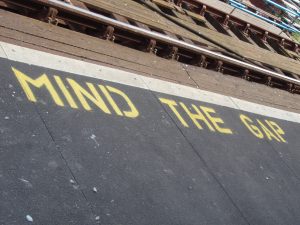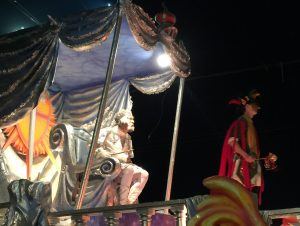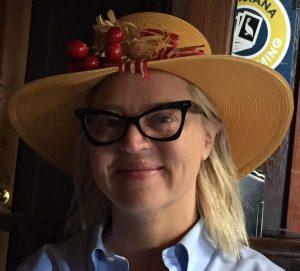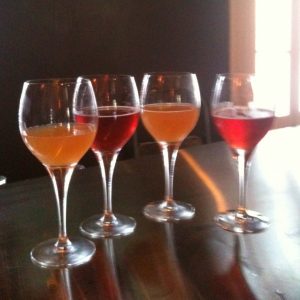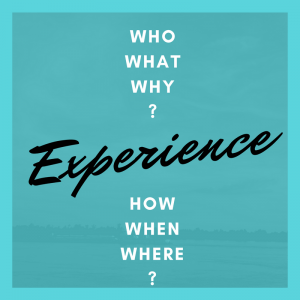
The idea is that management development occurs more from experience than training and has been conceptualized as the 70-20-10 framework of learning: 10% comes from classroom training, 20% comes from other people, and 70% comes from experiences, usually job-related.
Experience-based development requires planning, identification of stretch assignments and other developmental experiences, and then a mechanism to ensure the learning occurs.
* *
To get the full value of the experience, the learner must process and reflect on what happened. A coach can be instrumental in helping this along. One of my coaching mentors shared a helpful coaching question: “Why have I drawn this experience to me?” which I wrote about here.
A favorite tool for making sense out of the hamster wheel in the brain comes from Julia Cameron. Her Morning Pages are three handwritten pages first thing every morning and this exercise, done regularly, does wonders for processing experiences. Interesting note: the sooner after waking you write them, the greater the chance of capturing your dreams which can be informative.
* *
Years ago as an LSU faculty member, I learned the #1 thing that college recruiters looked for in LSU students was job-related experience. Most of my students worked at least part time so the key was guiding them to those jobs that gave them experience related to their ultimate career goal. Internships are ideal for this.
However, if the only available job is not directly related to the goal, students as employees can proactively request to get involved in other activities at work. For example, a restaurant server who wants to work in human resource management can ask if the organization would let him/her help with interviews or training. Sometimes valuable developmental experiences can be found through volunteer work as well.
* *
In her new book, Option B, Sheryl Sandberg shares what she learned going through the terrible experience of unexpectedly losing her husband, and how she is now able to see the possibility of post-traumatic growth in her life. It also includes insights from the research on recovery from hardship and growing resilience via co-author Adam Grant who is a rock-star I/O psychologist if that is even possible.
* *
Finally, remember that without a growth mindset, it all is for nothing.
* *
What have you learned through experience that you probably would not have learned any other way? Please share in the comments section below.
